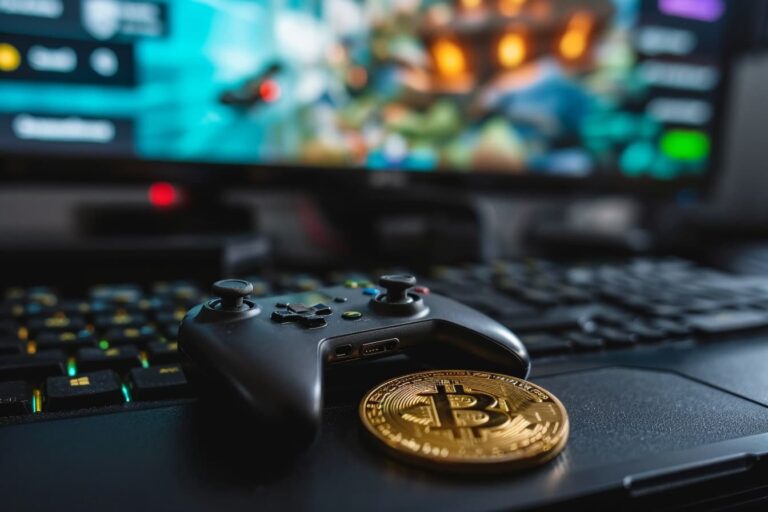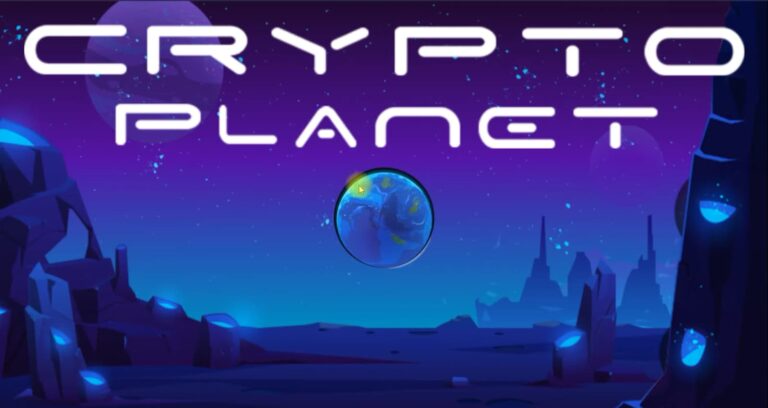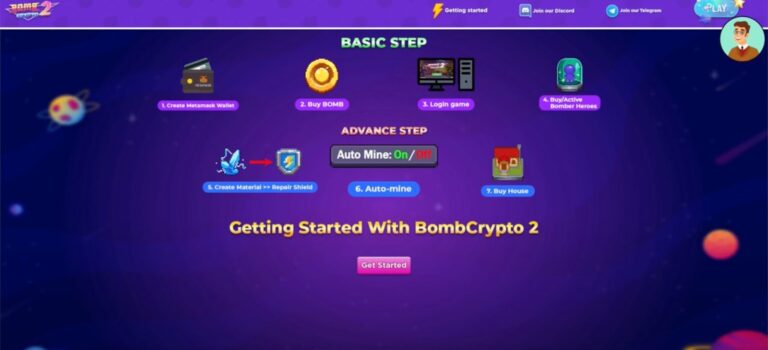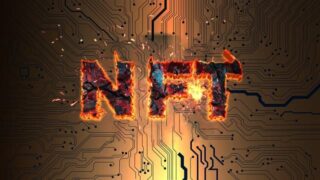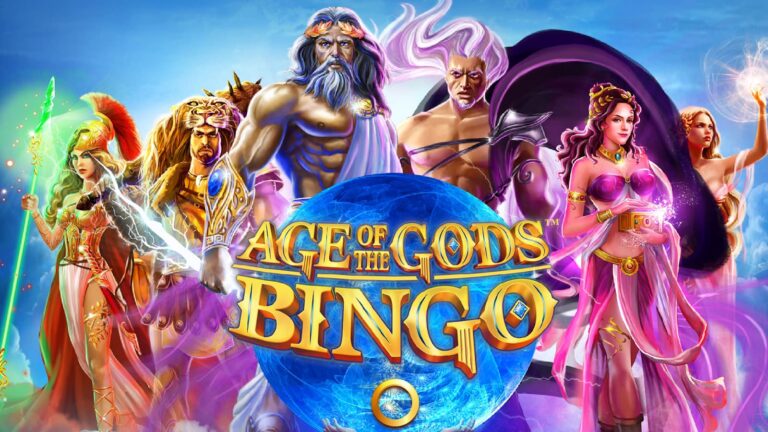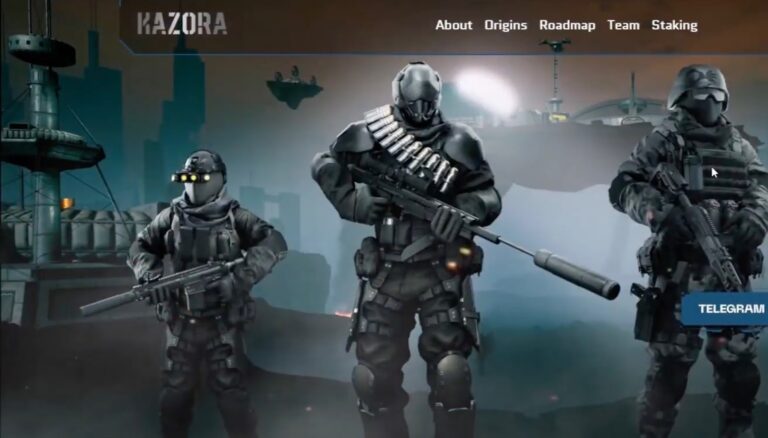Game Theory – Blockchain uses game theory to design networks.
It is the study of mathematical models of strategic interactions between rational decision makers. It has applications in all areas of social sciences as well as in logic and computer science. From a game theory perspective, blockchain games such as Fomo3D have demonstrated how the race for a zero-sum game can utilize human reasoning.
Tokenomics creates different interest groups in the network, which allows for different properties of game theory. Using tokens to design incentives or create new assets gives enormous power to blockchain games.
Decentralization – anyone can analyze the code used in blockchain games. This provides transparency and puts players and authors on the same side. If a developer tries to make an update that is not supported by the community, the game can be branched and different versions can be created.
Blockchain games use different levels of decentralization as part of their mechanics. Blockchain provides an in-game economy and allows for earning by playing, as well as the ability for different games to interact on the same blockchain.
Unlike traditional games, players of blockchain games must register an address on the respective blockchain platform before beginning their gaming sessions. This blockchain address, accessed by a wallet program, will serve as a unique identifier and destination of virtual assets for the respective player.
But for the most part, blockchain games are not entirely decentralized. The server plays an important role in this architecture. In addition to providing game services, it acts as a cache and indexing mechanism for smart contracts. Although the main source of information is the blockchain, players rely on the server’s capabilities to search and verify data returned from the blockchain.
Writing data to PoW blockchains such as Ethereum is expensive. The server still needs to store most of the data and only store the hash in the chain for verification. The blockchain game server interacts with the Ethereum blockchain through web3.js, which is a set of libraries that allow developers to interact with a local or remote Ethereum node using an HTTP, WebSocket or IPC7 connection.
The benefits of blockchain gaming for players
Because gaming is considered a hobby, entertainment or harmless leisure activity, gaming companies see little regulation. There are no laws to combat the abuse of the in-game economy. Game companies can do whatever they want, including manipulating the value of their digital assets. Essentially, game developers are gods who can do whatever they want with their game. That’s why blockchain games are so well-liked by so many people.
There are benefits for players in the form of ownership of in-game items, as well as the ability to sell or trade them. For example, World of Warcraft is a top MMORPG that has been played for years every day all over the world. Players spend many hours raiding, farming gold, or engaging in PvP action. But they don’t own the items they worked so hard to obtain. Time spent playing the game is of no real benefit unless they are participating in eSport competitions.
Sure, players sell their characters and items on eBay to monetize the time spent on gameplay. But the truth is, it’s not legal or safe. Blizzard continues to block the accounts of people who are trying to profit from their game. Blockchain and tokenomics allow the legalized sale of in-game items to safely and legally sell, trade, swap or even “level up” characters or items.
Players earn real-life benefits through both rewards earned while playing the game and by trading their virtual assets on decentralized exchanges. By exchanging items on a decentralized exchange, players are independent of prices and rules set by the developers.
Users can now participate in content creation. In traditional games, content is limited and owned by the game operator. But in blockchain games, users can create their own unique items and sell them.
Benefits for developers: there are new ways to monetize gameplay. Developers can attract more players through additional financial incentives. And they can eliminate middlemen (external digital marketplaces).


